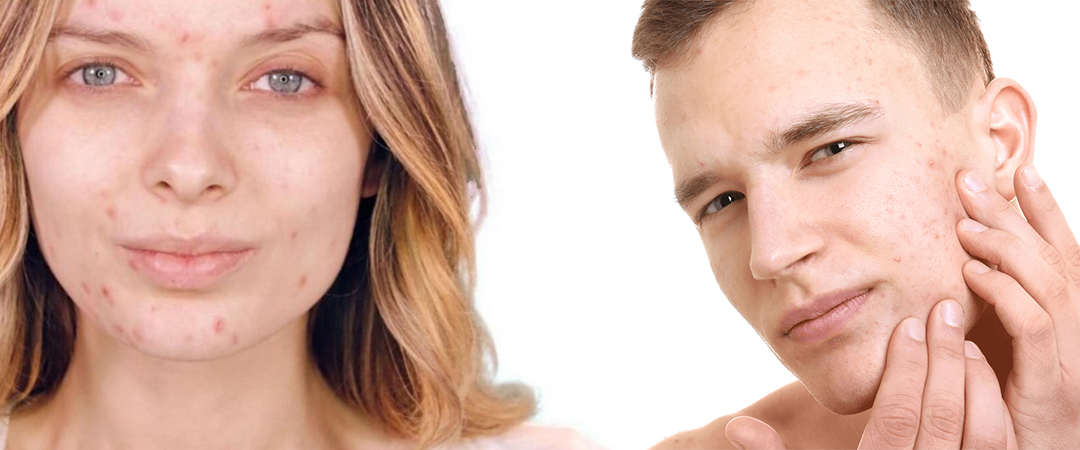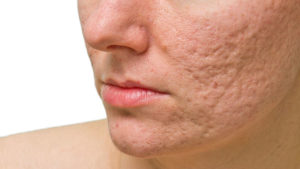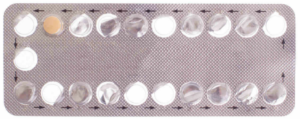
Hyperandrogenism is characterized by an increased or increased expression of androgens, with undesirable clinical consequences. Androgens are normal steroids in women, their excess determines both clinical, biochemical and social criteria.
Hyperandrogenism can be associated with:
Reproductive manifestations: Infertility, menstrual disturbances, polycystic ovary syndrome among the most common.
Metabolic manifestations; Type 2 diabetes mellitus, insulin resistance
Cardiovascular manifestations: Dyslipidemias, hypertension, microvascular diseases, venous insufficiency
Dermatological manifestations: Acne, hirsurtism, alopecia, seborrhea.

Depending on the stage of life of a woman or man, it can present skin alterations of hyperandrogenism, associated with acne. Seborrhea has a presence in the androgenic increase, so acne is the first dermatological manifestation that can be seen at first sight and that gives rise to who we will visit first if the gynecologist with a specialty in reproductive biology who sees endrocrinological aspects related to the woman or the dermatologist, with the first manifestations appearing at menarche with girls with hyperandrogenism.
The excess of androgens in the blood or the excess sensitivity of the androgen receptors causes an increase in testosterone, which is more common in men but in women, as the enzyme 5a reductase manifests, the pilosebaceous follicle generates excess seborrhea, covering the pore and later presenting as Acne. Androgens increase sebum in the sebaceous glands, modifying the characteristics of free fatty acids, follicular keratinocytes, increasing local growth factors, giving rise to microcomedones that accumulate gelatinous material, resulting in a closed pimple or pimple, which ultimately occurs in inflammatory lesions.
When to consult your Reproduction Biologist?

When Acne has a negative impact on quality of life.
Emotional consequences:
Low self-esteem Poor self-confidence Bad self image 44% reported anxiety 18% reported depression Irritability 6- 24% suicidal ideas
Treatment Lines: Lic. Psic. Berenice Lic. Ntr. David Support with a Psychologist as a multidisciplinary team in conjunction with a Nutritionist to improve the diet that certain foods have been related to the increase in body mass index and some products increase unwanted adverse effects.
The treatment is aimed:
In the case of Acne, it is associated with hyperandrogenism, which we will combat with an antiandrogen, which inhibit the enzyme molecule 5a reductase and competitively antagonize the binding of DHT to its receptor. (Contraceptives).

Some of the medications that your Gynecologist or Human Reproduction Biologist can recommend are: oral contraceptives that have the effect Antogonadotropins, Antiandrogens and Powerful progestin.
Antigonadrotropic: They exert a negative feedback to the ovarian pitutitic hypothalamic axis, reducing the synthesis of testosterone to the ovarian and free testosterone in the circulation.
Antiandrogens: it inhibits the enzyme 5a reductase reducing the levels of DHT and blocking the androgenic effect in the receptor cells.
Powerful progestin: it produces alterations of the cervical mucus and transforms the endometrium that contribute to effective decrease the LH surge, inhibiting ovulation.
All this in order to improve the patient’s skin and also help regularize her menstrual cycles as well as contraception.
Schedule an appointment with our specialist that will help you not only in your physical appearance but also that will help you have more alternatives to better decide your lifestyle.

